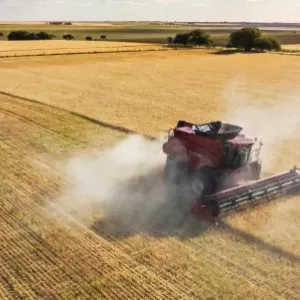Can agricultural exports from Southern Cone countries make up for global supply disruptions arising from the Russia-Ukraine war?
The economies of the Southern Cone (Argentina, Brazil, Chile, Paraguay, and Uruguay), major agricultural exporters still recovering from the negative impacts of the COVID-19 pandemic, have benefited from the rise in international prices accompanying the Russian invasion of Ukraine. With the war disrupting global supplies, the net exporting countries of the region have the opportunity to increase their exports. If

Can agricultural exports from Southern Cone countries make up for global supply disruptions arising from the Russia-Ukraine war?
The economies of the Southern Cone (Argentina, Brazil, Chile, Paraguay, and Uruguay), major agricultural exporters still recovering from the negative impacts of the COVID-19 pandemic, have benefited from the rise in international prices accompanying the Russian invasion of Ukraine. With the war disrupting global supplies, the net exporting countries of the region have the opportunity to increase their exports. If these countries, especially Mercosur members, can boost production enough to offset the loss of Ukraine exports, it would go a long way towards stabilizing markets and world food security.
However, like the rest of the world, these countries are operating in the difficult current environment of global economic slowdown, rising energy and fertilizer prices, and rising inflation. In this post, we examine responses of Southern Cone countries to the disruptions in agricultural markets caused by the war, and their prospects going forward.

